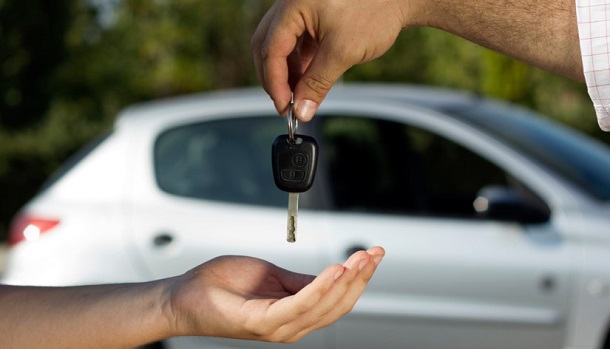
Most people suffer some sort of financial hardship at some point in their lives. While there are plenty of options available to people who own property as a means of releasing equity, if you’re unable to do so you may find that the options available to you are few and far between. Finding a specific amount of money can be difficult, and you may have come across logbook loans and considered it a reputable way of acquiring those funds.
Ensuring that you are fully equipped with all the information you need to make an informed decision about different loans is key to taking out the best loan for you.
What are logbook loans?

A logbook loan is a loan that you take from a lender, secured against your car. While you’re repaying the loan, the lender will have full ownership of your vehicle. As long as you continue to repay the loan back to the lender, you are able to continue using and driving the vehicle. While this may seem like a particularly useful option, particularly if you don’t have any other viable assets to be used for equity release, logbook loans can be particularly expensive and often incredibly risky. It is important to carefully assess all of the options available to you before choosing a logbook loan.
If you cannot pay back the loan for whatever reason, the lender is permitted to seize the vehicle and sell it to acquire the money you owe them. If the value of the vehicle doesn’t sufficiently pay off the money you owe, then you are still accountable for the difference, and you may well be taken to court to enforce this payment.
Are there any alternatives to logbook loans?
If you’ve decided that logbook loans don’t sound like the type of loan you’d be willing to take out, there are a number of different types of loan that may well be more appropriate for you.
Credit cards:

Credit cards can be very handy if your credit rating is relatively good – securing an interest-free credit card for a set period is an excellent option if you know you will be able to make the minimum monthly repayment as interest will not accrue on the loan until the interest-free period has ended.
On the other hand, banks do not look particularly favourably on people who have bad credit so getting a credit card if you do not have a good rating can be more costly. There are credit cards for bad credit applicants and you will most certainly be offered a much higher interest rate than someone with a better credit rating so bear this in mind when putting in an application.
Applying unsuccessfully for multiple credit cards will show up on your credit rating so only apply for cards that you are likely to be accepted for.
Peer to peer loans:
If you find that you struggle to get accepted for traditional loans or credit cards, then a peer to peer loan might be the best option out there for you. Unlike a traditional loan, a peer to peer loan is not operated through a traditional lender and is, in fact, exactly as it says on the tin: it is a loan given to you by a peer, and the loan itself concerns no one outside of the agreement you make with your peer lender.
Some lenders do require the people they lend money to have a reputable credit rating, which unfortunately is at the detriment of those who have do not have this. Often, the loan will need to be secured against an asset for additional security.
Payday loans:

Unlike a logbook loan, payday loans are unsecured, and therefore you are not obliged to put down an asset, such as your car, to secure the loan. They are very easily acquired and generally speaking, it’s easy to find someone who will accept you either on the high street or online.
On the other hand, the interest rate you are obliged to pay can be high, and lenders do often require credit checks to secure the loan meaning that if you don’t have good credit history, your application has a higher chance of being unsuccessful.
Ensure that you only put forward applications for loans- whether they be traditional loans or through a credit card application- for those you are likely to get accepted for. If you make continuous unsuccessful applications then the information that credit rating companies hold against you can be negatively affected, making it much more difficult for you to acquire loans in the future.


